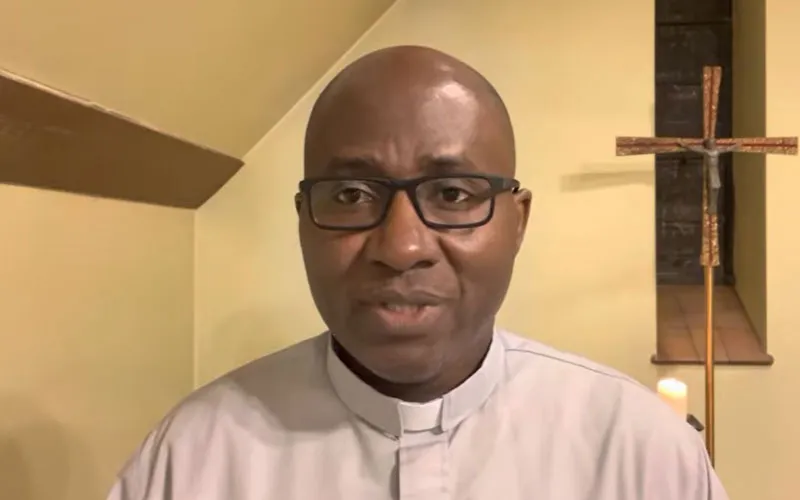“People think the involvement of the Church in politics is about criticizing politicians in the public sphere. I don't agree with that,” Fr. Ojacor says in the January 10 podcast.
He adds, “The kingdom of God is like a mustard seed that is planted and quietly grows. It is like a yeast that is put in the dough and causes it to rise. The level of engagement and influence is not visible and adversarial as people would like to enjoy; because there are people who enjoy that public conflict between religion and politics.”
“I know the extent to which the Church in Uganda is involved in the country’s politics,” the Ugandan-born theologian and humanitarian says, and adds, “There is a kind of partnership between the Church and the government in various areas, and that is why some of the most vibrant institutions in the country are Church affiliated. Politics cheer up to every ordination in Uganda, be it of Bishops or Priests.”
According to the Chaplain Assistant at the Loyola University Medical Center, influence of Church leaders in politics should be from the inside out.
In the podcast, Fr. Stan reiterates Fr. Ojacor’s sentiments, noting that it is not helpful when the Church is always resorting to criticism.
He says that though the prophetic call requires that Church leaders call sin by its name, the Church should negotiate with leaders to help protect, conserve and promote the common good.
Formation is important in elevating political consciousness among the people, the Nigerian-born Catholic Priest who teaches at DePaul University, Chicago says, and adds, “Sometimes, there is no political consciousness between what is right and what is wrong because our people do not have the correct political culture.”
“Our people have not been formally socialized through the political process. The task, therefore, is to develop a theology of the people, for the people, with the people so that they become protagonists and not antagonists. The Church can do this by the stance it takes towards politics; not to declare a war, but to embody and to exemplify what we want to see in politics,” Fr. Stan says.
He notes that the Church that does not like clannism in the country, should first stop the habit through the way Dioceses are run.
“How many Bishops in Africa publish audited accounts of their expenses for instance,” he posits, and adds, “The best criticism we should give is what Pope Francis refers to as attraction. People should get attracted to what we are doing in the Church. We should look at how we pay our own staff in the Church before we start talking about the government underpaying workers.”








